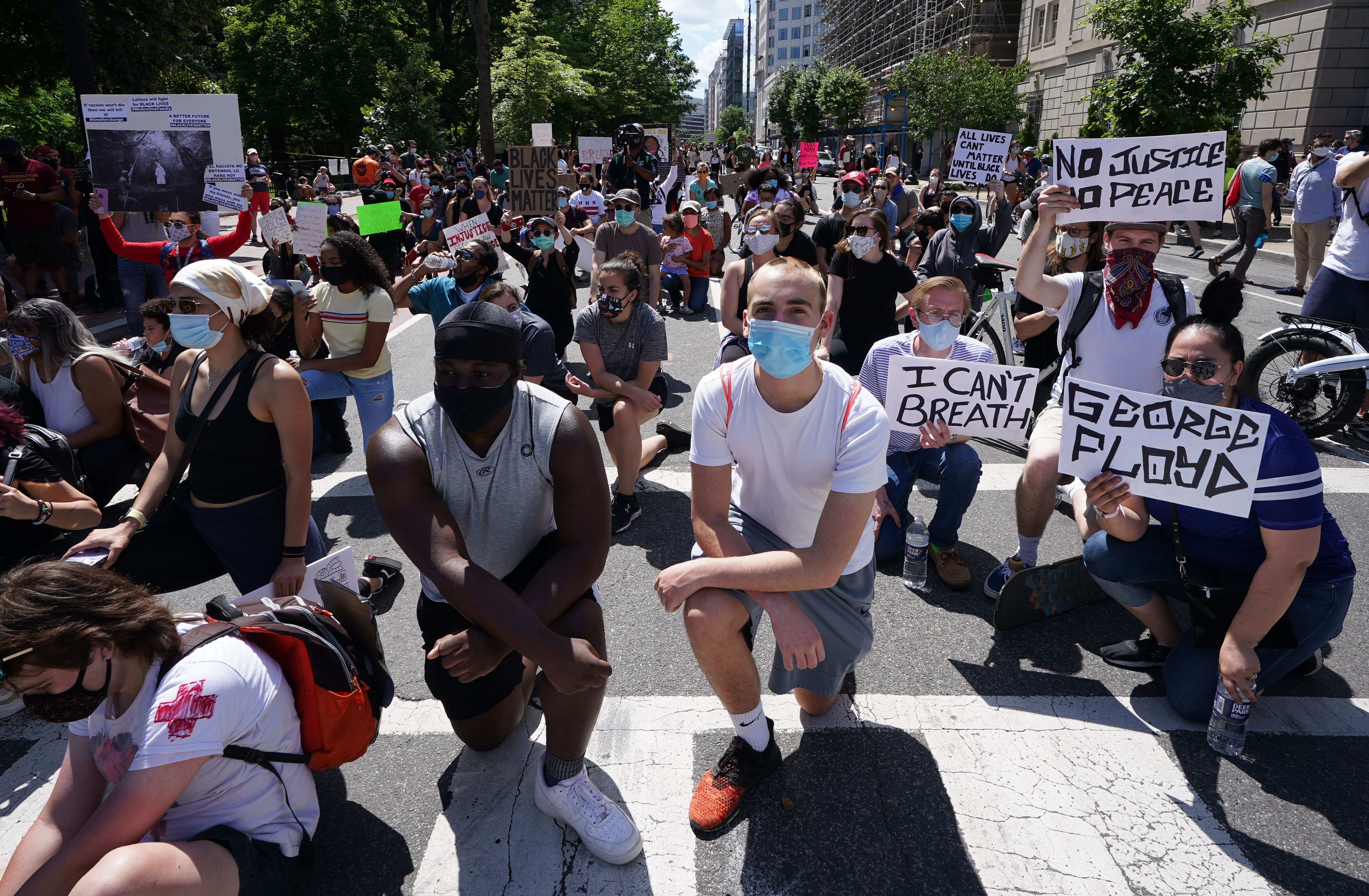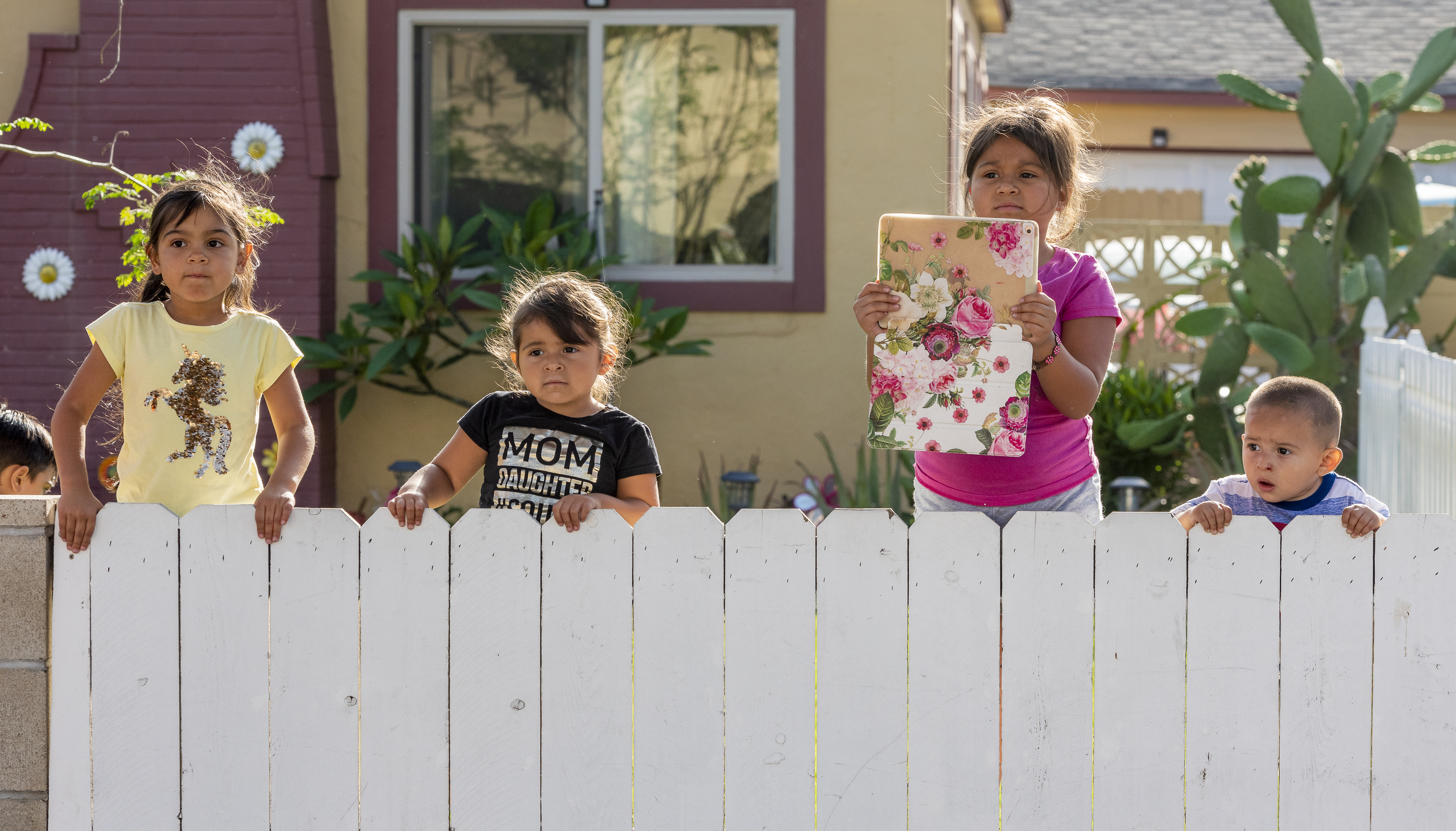Talking about race and racism can be difficult and uncomfortable.
NBC 6’s Sheli Muñiz spoke to a psychologist, Dr. Julia Harper, about the conversations we should be having at home.
SHELI: What’s the conversation we need to be having in our home with our loved ones and kids, whether we’re a black family, white family, or any family?
DR. HARPER: Well, first of all, thank you so much for the invitation, I’m happy to be here and I’m absolutely happy to be having this conversation. The fact that we're considering this a topic to have in our home means everything to us right now. The reality is the events of now show us that we do not live in a post-racial America and I believe that these conversations that are difficult, the only way to address them is to have them. I think about talking about race with children the way you think about talking about sex. It’s a difficult conversation but it’s a necessary one.
SHELI: One viewer asked, “How can an 11-year-old process all of the events? Is there a way to bring it to their level?”
DR. HARPER: One of the things that parents have difficulty with is that they want to soften the blow, they want to think about how I can say this to my child to make it easier. It’s not about making it easier, it’s about being honest. How do you talk to them at the level that they understand it? So, you say to a kindergartener: there are different people. We are viewed differently and not everyone appreciates those differences. You tell a middle schooler a little bit more. You know that people are different, you know that you have different friends around you and not everyone can understand why you might want to have different people around you. I think talking in the context of our history.
SHELI: What are some ways people can overcome social anxiety or fear of saying or doing the wrong thing?
DR. HARPER: Again, I’ll go back to honesty. We’re afraid to do the wrong thing because we don’t want to recognize that there is this thing called racism, there is this thing call white privilege, there’s this thing about being viewed differently. Please recognize that we appreciate your support and that support means, you know, that you are different and that you stand with us.
SHELI: So many people might think that this is so much larger than me, I can’t control it, but can you drive the point home that we can from the businesses that we support, the books that we read.
DR: HARPER: I think we can control what we can control and that is how honest we are, what we do, and the consciousness that we bring to what we do. Why am I choosing to support this business? Why am I choosing to support this TV station versus another? What am I saying to the people around me? What am I willing to acknowledge? I have control over me and when I pay attention to what I do that’s how I control my environment.



